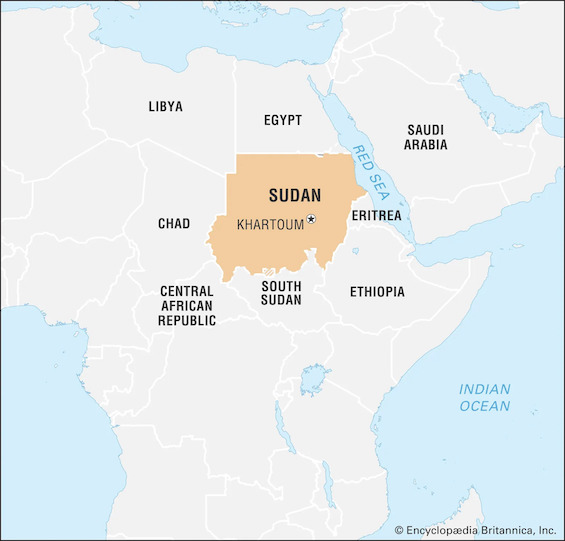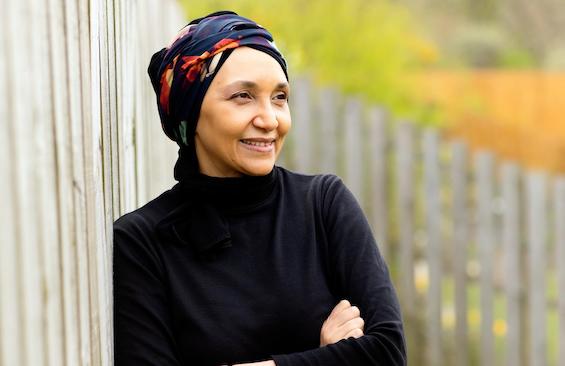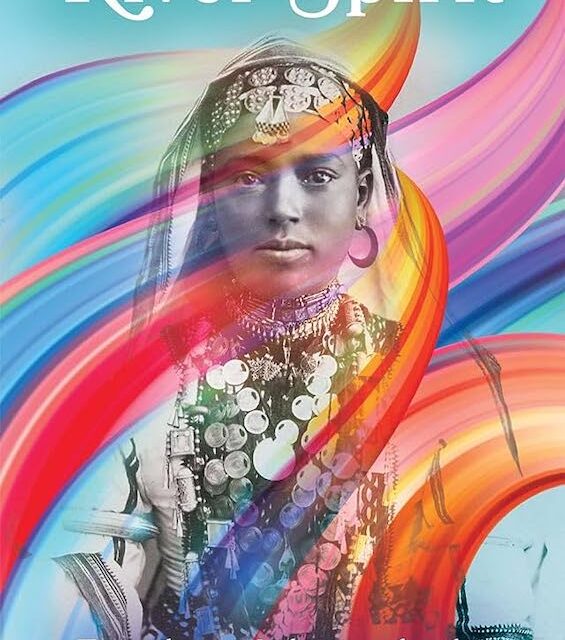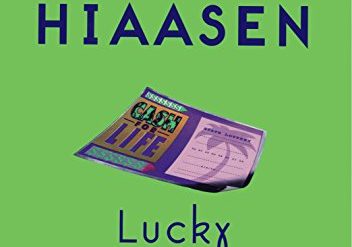
Nearly a century and a half ago, the northern African nation of Sudan was in turmoil. Like much of the Middle East and North Africa, the people of the country were restive under the increasingly weak rule of the Ottoman Empire. The Khedive of Egypt, who administered Sudan for the sultan in Istanbul, appointed a famous British general, Charles Gordon, as governor-general to stifle the opposition. But during his time in office, a messianic Islamic leader calling himself the Mahdi spearheaded an anti-colonial revolt. And as these grand events played out, a young enslaved woman named Akuany experienced the disruptions and privations of the time. Sudanese author Leila Aboulela movingly tells her story in River Spirit.
Estimated reading time: 5 minutes
A diverse cast of characters
Both the Mahdi and General Gordon play instrumental roles in Aboulela’s tale. But we are drawn more deeply into the hearts and minds of local people as the story plays out.
Akuany, later renamed ZamZam when enslaved, is the novel’s protagonist. We follow her story throughout as she and her younger brother, Bol, escape from the village where their parents were murdered. River Spirit is Akuany’s story. She lives her life on the shores of the Nile, both the White Nile and the Blue Nile. “The river was ZamZam’s book, and she could read it.”
A young Khartoum merchant named Yaseen rescues Akuany and Bol. He, too, figures throughout the story, later gaining an education at the prestigious Al-Azhar University in Cairo and becoming a Muslim judge. Yaseen’s university friend, Isma’il, gains a similar position a little higher in the pecking order. But he and Yaseen follow different paths in the course of the Mahdist rebellion.
Late in the story, another central character surfaces: Robert, a Scottish ship’s engineer with a gift for painting. In the wake of his wife’s death, he moves to Sudan. And his path will intersect with Akuany’s in Khartoum.
River Spirit by Leila Aboulela (2023) 320 pages ★★★★☆

Colonial Sudan in the 1880s
Throughout the first three quarters of the nineteenth century, Sudan was ruled from Egypt as a part of the Ottoman Empire. In the 1870s, the Egyptians appointed a British war hero as governor-general of the vast province. Major General Charles Gordon (1833-85), known as “Chinese Gordon” for his heroism in China years earlier, crushed rebellions and suppressed the slave trade. Meanwhile, an ill-educated Muslim cleric named Muhammad Ahmad (1843-85) began attracting followers for his call to renew the faith and expel the Egyptians. He proclaimed himself the Mahdi, the Guided One, the long-promised redeemer of Islam who would rid the world of evil and injustice. By 1881, after General Gordon had left for England, the Mahdi’s forces were in open revolt.
Gordon returned to Sudan as governor-general in 1884. By then, the Mahdi controlled much of the sprawling country. Sudanese were flocking to him, and his forces had proven impossible to suppress. In fact, the Mahdist War stretched on until the end of the century, having forced the British to invade the country. But the action in Aboulela’s novel takes place only during the early years, from 1877 to 1885.
The setting

Until its southern region broke off as the new state of South Sudan in 2011, Sudan was Africa’s largest country by land area. It’s geographically diverse, spanning desert in the west to the hilly shores of the Red Sea in the east and south to the tropical forest, swamps, and grasslands of what is now South Sudan. The country is mostly arid but is bisected south to north by the White Nile and Blue Nile rivers, which converge at Khartoum, the country’s capital.
Recurring violence in Sudan has exploded onto front pages in the West from time to time. For years on end (2003-20) war raged in the country’s west in Darfur as the Sudanese military killed hundreds of thousands in genocidal rage and drove millions into flight or starvation in its effort to suppress rebel groups. It was a fight between the country’s Muslim and Arab leadership and the largely non-Arab population of the west. And a similar protracted conflict (1983-2005) lay behind the fight for independence in south Sudan, which is predominantly non-Arab and Christian or animist. Most recently, Sudan surfaced once again in Western news in 2023 as rival military factions fought a bloody battle for dominance.
About the author

According to the bio on her author website, “Leila Aboulela is a Sudanese writer whose work has received critical recognition and a high profile for its depiction of the interior lives of Muslim women and its distinctive exploration of identity, migration and Islamic spirituality. She is the author of six novels. . . [and] is the first-ever winner of the Caine Prize for African Writing” for her latest story collection. “She grew up in Khartoum, Sudan, and now lives in Aberdeen, Scotland.”
According to The National News Arab Showcase, Aboulela is “a statistician turned author [who] unexpectedly found her literary voice with a little help from her mother-in-law after relocating to Aberdeen from Khartoum three decades ago.”
For related reading
You’ll find books that are similar or related in some way at:
- 20 top books about Africa
- Great war novels
- 20 most enlightening historical novels
- Top 10 great popular novels
And you can always find my most popular reviews, and the most recent ones, on the Home Page.



























